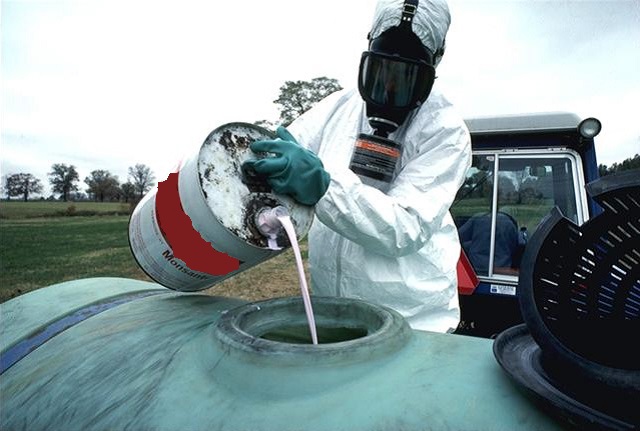
The appointment of the U.S. Environmental Protection Agency’s biggest detractor as its boss could become America, and the world’s nightmare
By Mojisola Ojebode
A new report issued by the United Nations (UN) takes a controversial stance on synthetic pesticides. The conventional wisdom is that they are essential to feed the world’s growing population, which is expected to hit nine billion by 2050. But the report’s authors call our reliance on synthetic pesticides “a short-term solution that undermines the right to adequate food and health for present and future generations.” They are right.
As a scientist from Nigeria whose work focuses on controlling post-harvest losses, I have seen first-hand what happens when the use of synthetic pesticides is not properly regulated. Yet much of the world is still following the conventional wisdom, with dire consequences for public health.
The United States seems poised to increase its already extensive pesticide use further. Last month, former Oklahoma Attorney General Scott Pruitt was confirmed as director of the Environmental Protection Agency. Pruitt, who sued the EPA many times in his previous job, seems intent on slashing its budget and dismantling many of its regulations, including those for pesticides, which are essential to ensuring food safety.
Anybody who consumes food grown or produced in the US should now be worried. Indeed, dismantling the EPA amounts to arming a public-health time bomb – one that has detonated repeatedly in developing countries.
In 1984, a pesticide-manufacturing plant in Bhopal, India, released 27 tons of methyl isocyanate, a gas used to produce some pesticides. The leak killed an estimated 15,000-20,000 people, and left several thousand more with permanent disabilities. The plant was understaffed, and had substandard operating and safety procedures. None of the six safety systems that could have prevented the accident was operational.
The Bhopal tragedy remains the world’s worst industrial disaster. But it is just a small part of an enormous tableau of needless suffering. The World Health Organization estimates that there are three million cases of pesticide poisoning worldwide each year, leading to up to 250,000 deaths.
In 1996, for example, insecticide-treated brown beans, purportedly stored for planting, found their way onto the market in Nigeria, a “leak” connected with the deaths of a number of people in the southwest region of the country. In 2013, in India, an organophosphate pesticide killed 23 children, who ate a lunch of tainted rice, potatoes, and soy.
These sorts of tragedies happen even when guidelines for pesticide registration and use are in place. In Nigeria, for example, the National Agency for Food and Drug Administration and Control (NAFDAC) banned 30 agrochemicals (pesticides and fertilisers) in 2008, after a number of deaths and poisonings. But it was inadequate to prevent the deaths from pesticide poisoning of 18 people in Nigeria’s Ondo state in 2015.
 The Independent Uganda: You get the Truth we Pay the Price
The Independent Uganda: You get the Truth we Pay the Price



This whole administration is a nightmare thanks to the deplorables.